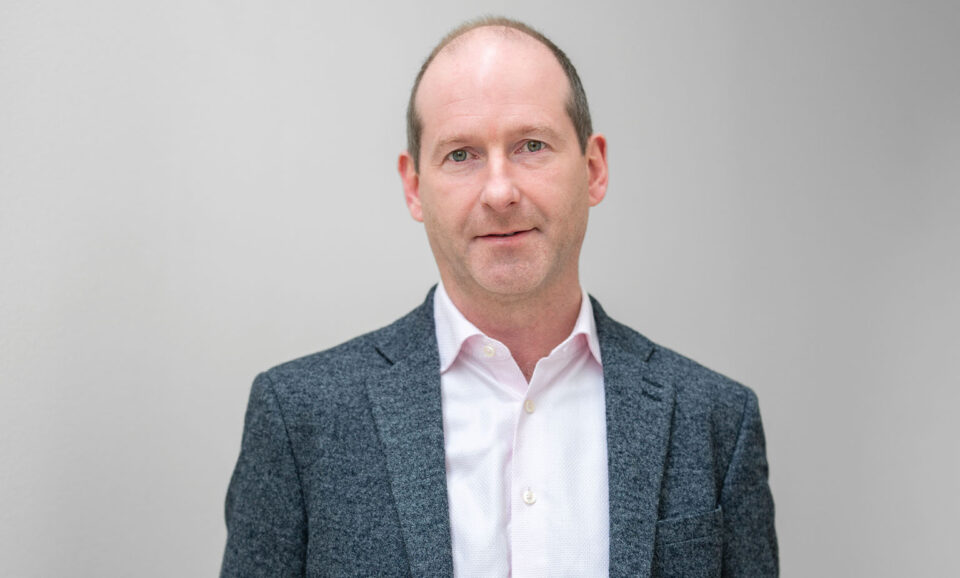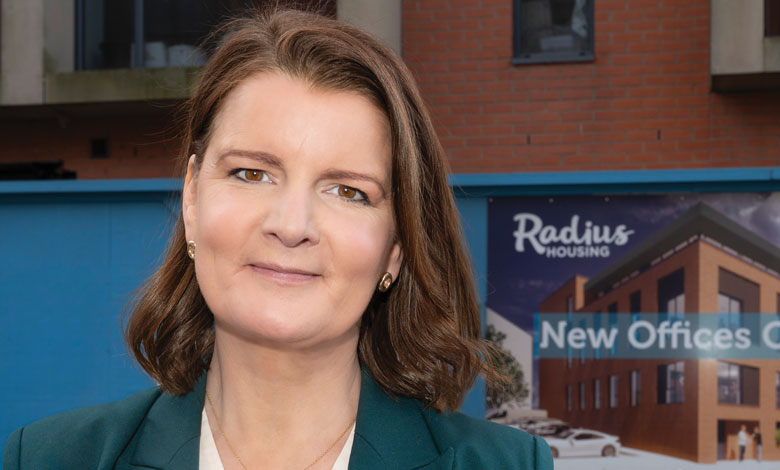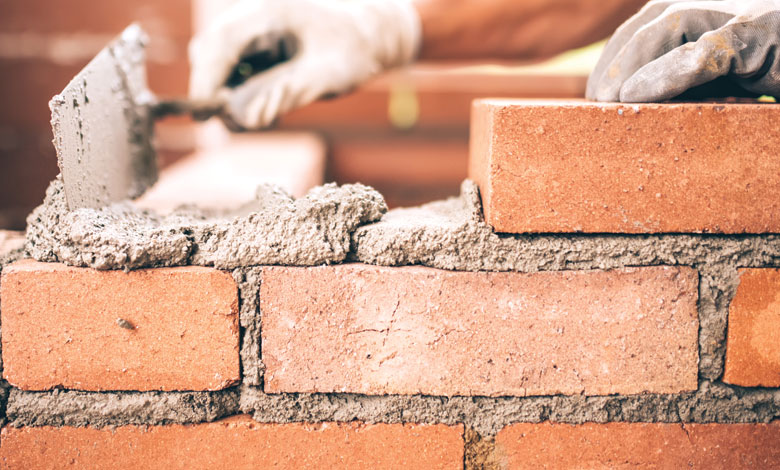Ending homelessness in Northern Ireland
22nd April 2016Responding to change
22nd April 2016Housing priorities
An overview of the main political parties housing priorities as set out in their election manifestos.
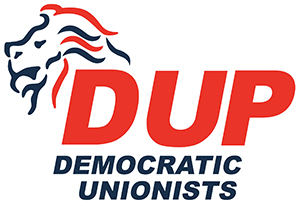
Aiming to make more affordable and social housing available, the DUP intends to build a further 8,000 affordable and social housing units by 2020. The party also wants to see standards in the private rental sector increase. To achieve this it plans to introduce a bulk-renting scheme that will guarantee the landlord an income in return for maintaining the property to a higher standard.
Recognising that land prices are a key component in driving up property prices the DUP wants to establish Community Land Trusts in property hotspots across Northern Ireland. This scheme would see the price of the land removed from the cost of the home.
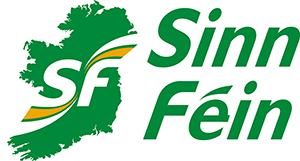
Sinn Féin wants to retain the Housing Executive as the regional housing body and empower it to build social housing through borrowing powers, a derelict land tax and a developers’ contribution. The party also wants to ensure that all properties in the private rented sector meet the Housing Fitness Standard.
To combat the rising demand for social housing, Sinn Féin aims to develop a new housing selection scheme. The party also wants to secure the future of the Supporting People Budget and encourage mixed tenure and mixed use housing developments with a strong social infrastructure. It will also develop a strategy to tackle homelessness and rough sleeping.
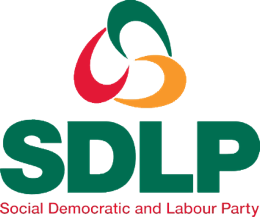
The SDLP wants to put an end to the ‘them and us’ mentality in social housing. To do this they plan to introduce a statutory duty on social housing providers to promote and develop shared housing. The shared housing plan will ensure that the development of shared communities is a material factor in the location of all new public services.
The party also wants to double the provision of social housing to meet the needs of the community. Recognising that housing associations are ready to build if land can be found, the party wants to establish a cross departmental strategy to identify available land in areas of high housing need with the principle of fairness and equality ensuring that the areas most in need are attended to first. The party also intends to work with those in the homeless sector to devise a homeless strategy and provide adequate services to look after rough sleepers.
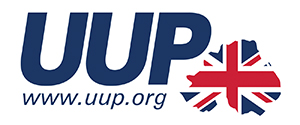
To respond to growing demand for housing the UUP will make it a priority for councils developing their own local development plans to review current and projected housing demand in their areas. The party will also reduce the cost and complexity of central government regulation currently preventing the building of new homes.
In response to the challenges facing social housing, the party aims to build 10,000 new social and affordable homes by 2021 and transfer properties from the Northern Ireland Housing Executive (NIHE) to the housing associations. It also plans to allow the NIHE to borrow against its assets to access private finance and will make it a requirement for all private rental properties to obtain a grade E or above on an Energy Performance Certificate from 2018.
 In order to improve the quality of housing in Northern Ireland the Alliance Party wants to develop a public land register to ensure sites suitable for housing (either private or social) are identified. It also wants to develop an Empty Homes Strategy that will bring derelict and unused properties back onto the market using legislative proposals and a sustainable funding model to allow revenue from houses brought back into use to be allocated to finance further development.
In order to improve the quality of housing in Northern Ireland the Alliance Party wants to develop a public land register to ensure sites suitable for housing (either private or social) are identified. It also wants to develop an Empty Homes Strategy that will bring derelict and unused properties back onto the market using legislative proposals and a sustainable funding model to allow revenue from houses brought back into use to be allocated to finance further development.
The party also aims to secure European funding for the development of social housing using European Investment Bank match-funding to develop social housing. It will also work with the NIHE and housing associations to identify new land for development and will commission a Shared Housing review of housing provision in Northern Ireland which will be undertaken by a commission of experts to produce detailed recommendations by 2017.

